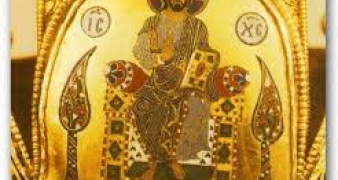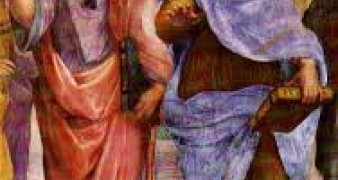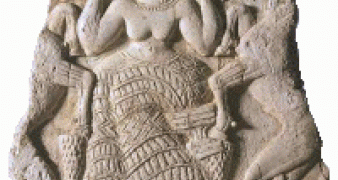Dogmatics is the branch of theology which tries give an analytical reflection on Christian doctrine. The goal of this course is to present the teaching of the Church concerning these topics in their historical context in order to develop the ability to formulate the christian doctrine as relevant as possible for the present age.
In the second semester we are going further with anthropology, chritology, soteriology, sacramentology, pneumatology and eschatology.
Course catalogue
|
Sándor Béla Visky · Cred 4 · Sem 8 · Tavaszi BS42 · Dogmatics II |
Tódor Csaba · Cred 2 · Sem 3 · Őszi BS91 · Ancient philosophy Many of the doctrines central to Christianity have important philosophical implications or presuppositions. In the history of Christian theology, philosophy has sometimes been seen as a natural complement to theological reflection, whereas at other times practitioners of the two disciplines have regarded each other as mortal enemies. |
|
Csaba Balogh · Cred 5 · Sem 7 · Őszi MB11 · Old Testament theology I The general scope of the course of Old Testament theology is to attempt to frame the diverse theological content of the Old Testament and to highlight the referential points which through the mediation of Judaism and Christianity have eventually become the cultural treasures of humanity. The course gives an overview of Old Testament pictures of the divine world in its ancient Near Eastern context. Specific topics to be discussed include monotheism, divine representation and mythological language. |
Csaba Balogh · Cred 4 · Sem 2 · Tavaszi MB12 · Old Testament Theology II This course focuses on central topics of the Hebrew Bible which also survive in the New Testament, such as holiness, sin-punishment-forgiveness, blessing, national theology, universalism and particularism. |
|
Csaba Balogh · Cred 3 · Sem 3 · Őszi This course examines controversial texts of the Hebrew Bible from the point of view of the contemporary Christian reader. The texts discussed often played - not only in the contemporary discourse, but throughout the history of the Old Testament hermeneutics - an important role in challenging the relevance and normativity of the Old Testament for modern theological thinking. |
Sándor Béla Visky · Cred 4 · Sem 1 · Őszi MS51 · Ethics I Ethics is the science concerned with appropriate human behaviour. In a descriptive and prescriptive way, it studies motivation, methods, goals, and consequences, and its own ability to generalize both in an individual and communal sense. Immanuel Kant talks about the problem of “How should we act?” through the correlation of three questions: who is man, how do we know, and, what may we hope for? |
|
Sándor Béla Visky · Cred 4 · Sem 2 · Tavaszi MS52 · Ethics II Ethics is the science concerned with appropriate human behaviour. In a descriptive and prescriptive way, it studies motivation, methods, goals, and consequences, and its own ability to generalize both in an individual and communal sense. Immanuel Kant talks about the problem of “How should we act?” through the correlation of three questions: who is man, how do we know, and, what may we hope for? |




